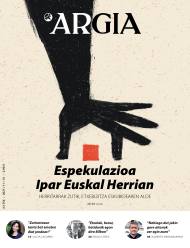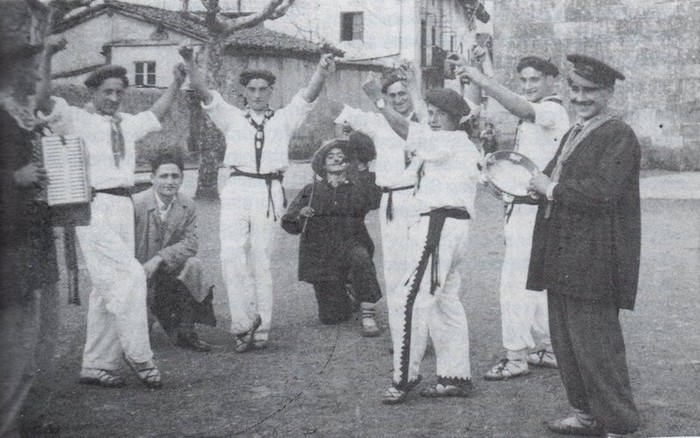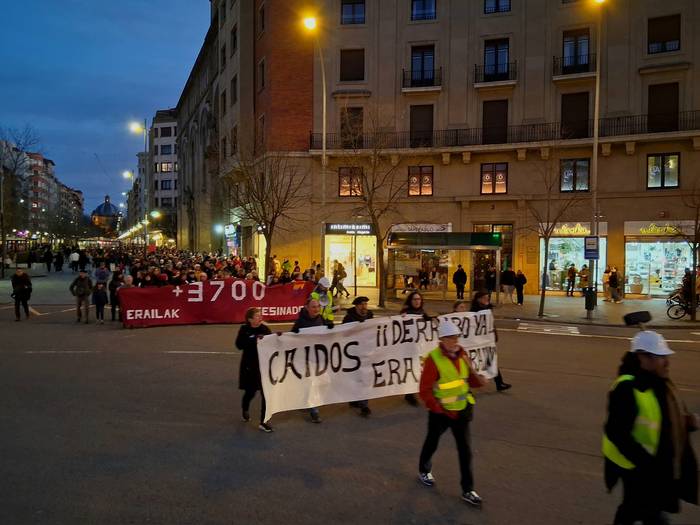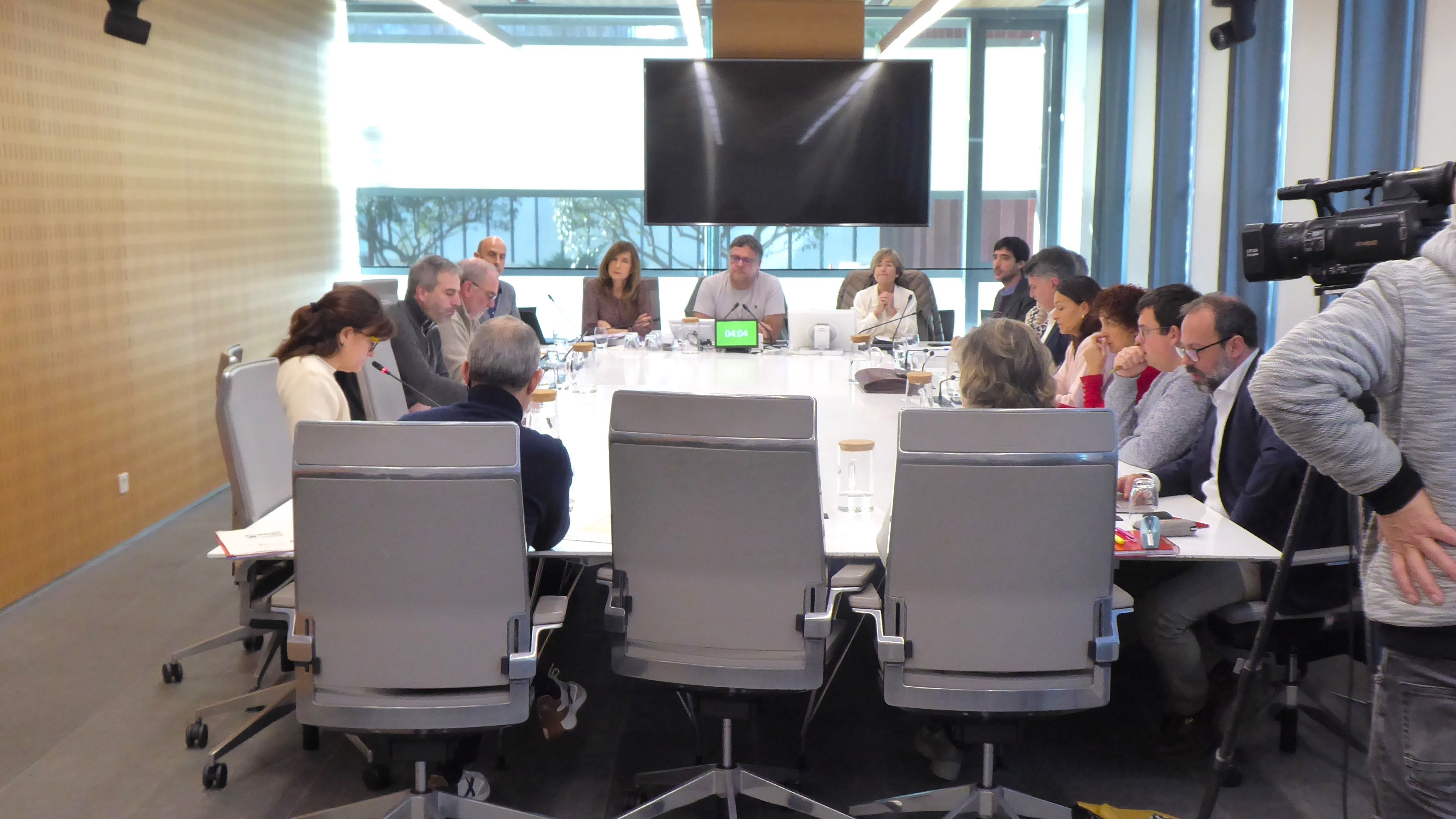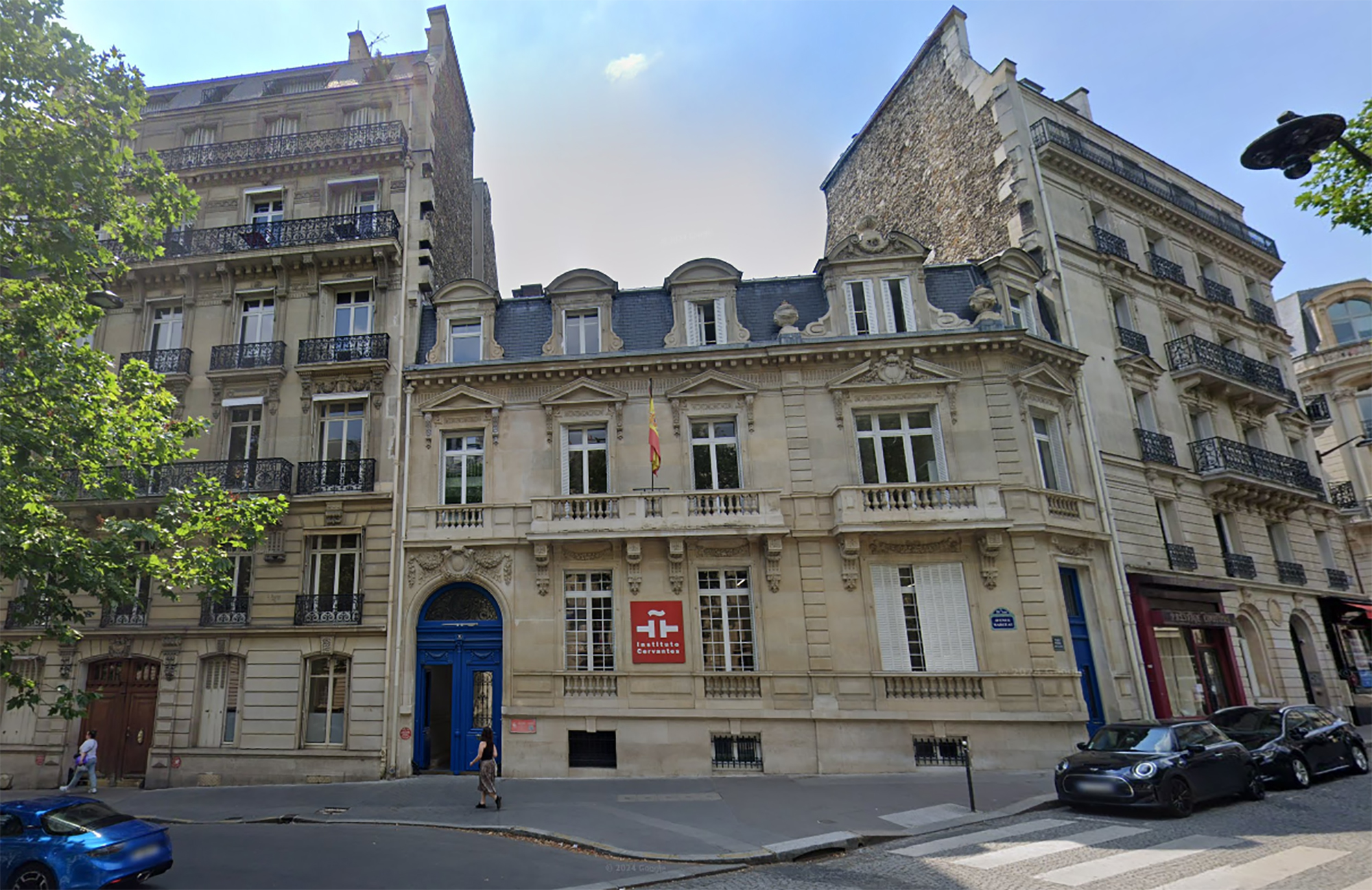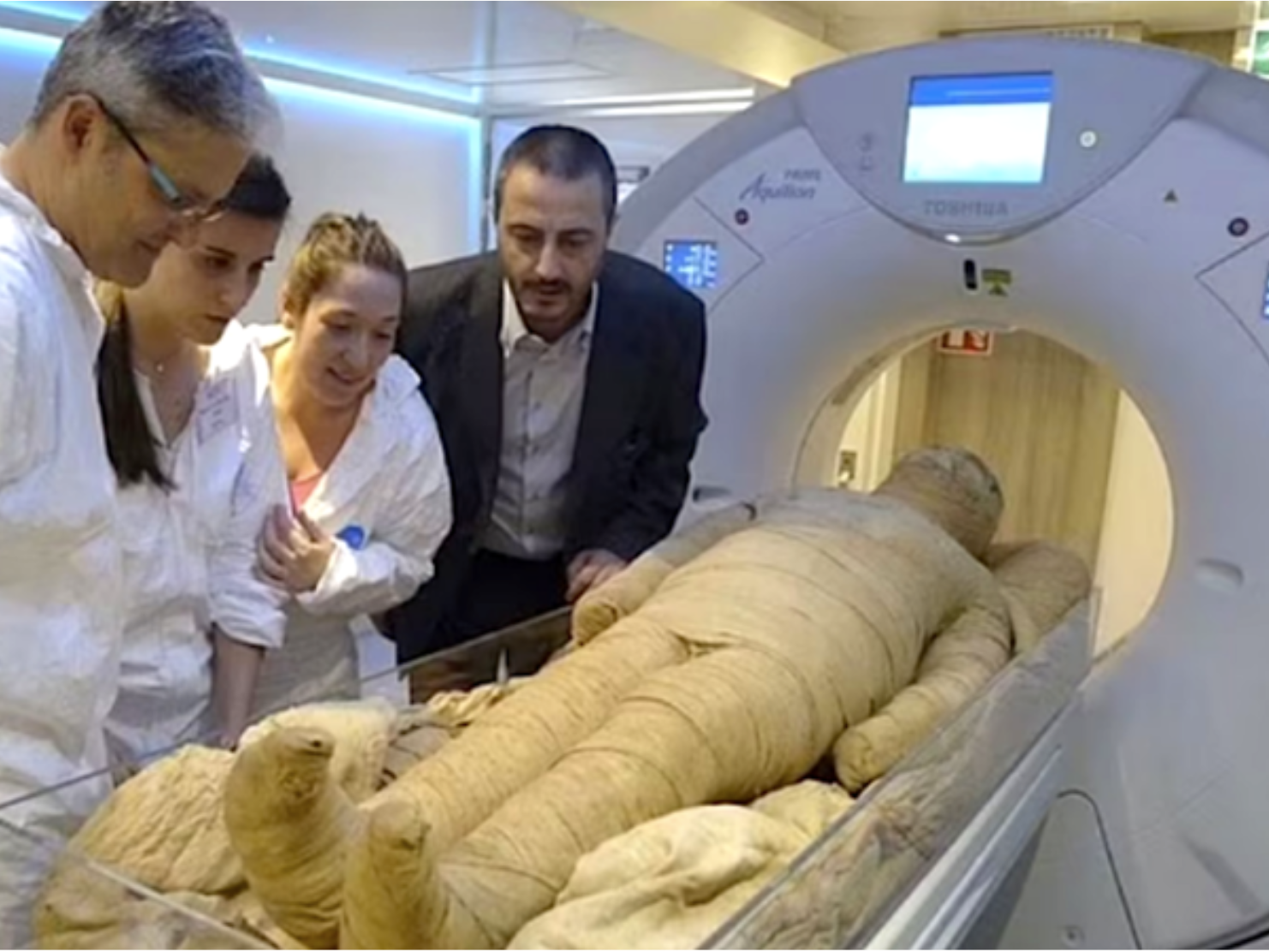Does Petrarca turn the Middle Ages off?
- In a book written in the 15th century by historian and humanist Flavio Biondo, history was first divided into three stages: Old Age, Middle Ages and Modern Age. Before, in the 14th century, the poet Francesco Petrarca outlined a dark Eurocentric vision of the Middle Ages.

Venice, 1483. 20 years after the death of historian and humanist Flavio Biondo (1392-1463), published his work Historiarum ab inclinatione romanorum imperii decades. It explained for the first time the story divided into three stages: Old Age, Middle Ages and Modern Age. He was also the first to use the negative concept of medium aevum or “intermediate age” to describe the previous millennium.
Despite the name of Biondo, the dark idea of the Middle Ages had previously materialized by others. Principally, the poet Francesco Petrarca (1304-1374) is considered the main driver of the anti-medieval ideological campaign. The Roman poet did not have the broadest and most optimistic view of the past. His life was hard: he changed from city to city, unable to achieve stability, always in conflict with his son Giovanni, he had many health problems and religious crises. And the context didn't help him. The 100-year-old war, the plagues, the Little Ice Age and its consequences on harvests… It also touched him to live closely the decadence of the potatoes of Avignon: “Avignon is the shame of mankind, the well of vices, the sewer where all the dirt of the world is located,” he wrote.
Eurocentrism extinguished the Middle Ages more than the pessimistic view of a single man. Or more specifically Christian centrisms, for example in Europe itself, where the Muslim Al Andalus had nothing to do with the dark was represented by Petrarca
He desperately remembered classical culture, and he wanted to lay the groundwork for restoring the values of then, ultimately, the foundations of the Renaissance. The division that Biondo was going to determine a century later was foreseen by the Petrarca himself: after the first classical era, the dark era of barbarism came and in the future, in the third, classical culture would rekindle itself. “My destiny is to live in the midst of abundant and confusing storms. But you (…) expect better times, this forgetting lethargy will not last forever. With the melted clouds, our grandchildren will shine again in the clean splendor of the past.”
Petrarca was not able to see beyond the 14th century, nor the others that contributed to widening the dark concept of the Middle Ages. In medieval Europe, the first universities and hospitals were created, the workers began to organize themselves in guilds, slavery was reduced at the base of the Roman Empire… And, in addition, they were not able to see beyond Europe: the Arabs contributed significant improvements in navigation, invented printing and powder in China and, in general, in Africa and, in particular, in Asia, stable migrations,
Eurocentrism extinguished the Middle Ages more than the pessimistic view of a single man. Or more specifically crystecentrism, for example in Europe itself, where the Muslim Al Andalus had nothing to do with the dark was represented by Petrarca.
Archaeologists have discovered more than 600 engraved stones at the Vasagård site in Denmark. According to the results of the data, dating back to 4,900 years ago, it is also known that a violent eruption of a volcano occurred in Alaska at that time. The effects of this... [+]
Vietnam, February 7, 1965. The U.S. Air Force first used napalma against the civilian population. It was not the first time that gelatinous gasoline was used. It began to be launched with bombs during World War II and, in Vietnam itself, it was used during the Indochina War in... [+]
I just saw a series from another sad detective. All the plots take place on a remote island in Scotland. You know how these fictions work: many dead, ordinary people but not so many, and the dark green landscape. This time it reminded me of a trip I made to the Scottish... [+]
Japan, 8th century. In the middle of the Nara Era they began to use the term furoshiki, but until the Edo Era (XVII-XIX. the 20th century) did not spread. Furoshiki is the art of collecting objects in ovens, but its etymology makes its origin clear: furo means bath and shiki... [+]
In an Egyptian mummy of 3,300 years ago, traces of Yersinia pestis, the bacterium that caused the Justinian plague in the 6th century and the Black Plague in the 14th century, have just been found.
Experts until now believed that at that time the plague had spread only in... [+]









